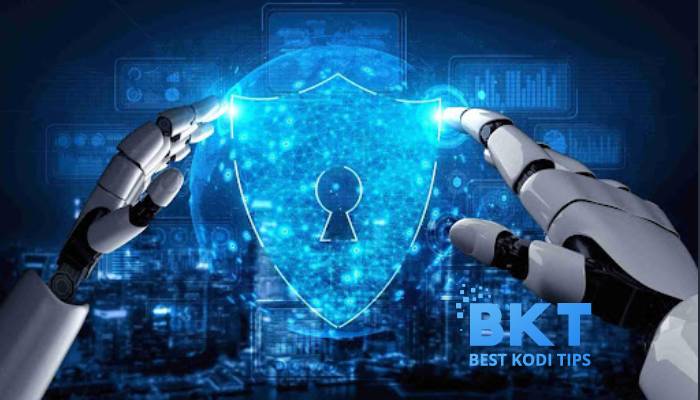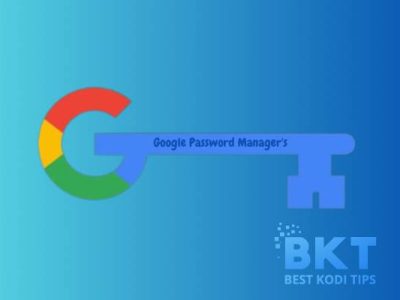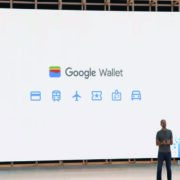In the rapidly evolving world of technology, protecting data protection and preserving individual privacy has become essential. Modern cybersecurity solutions are more in demand as cyberattacks get more complex. In spite of giving consumers control over their data privacy, these advancements help reduce the likelihood of cyberattacks, which are on the rise. The top five cybersecurity technical developments that serve as sentinels watching over our digital borders will be examined in this article.
1. Advanced Artificial Intelligence (AI) and Machine Learning (ML) for Threat Detection
In the world of cybersecurity, speed and accuracy are paramount. With cyber threats growing not only in number but also in complexity, the need for faster, more efficient detection mechanisms has given rise to the adoption of AI and ML in threat detection.
- Deep Learning and Pattern Recognition: At the heart of AI and ML is the ability to analyse vast datasets and recognize patterns. Traditional security tools might rely on fixed algorithms, which are limited by predefined parameters. ML algorithms, on the other hand, develop. They can detect even the most minute abnormalities that may suggest a security violation by continuously analysing and learning from data.
- Predictive Analysis: AI-powered systems are no longer just reactive. By using predictive analytics based on previous data and current trends, they foresee dangers. Due to their forethought, organisations may take precautions before a security breach could happen.
- Automation and Real-time Response: When a cyber threat is detected, time is of the essence. AI-driven tools can not only identify these threats in real-time but can also initiate immediate automated responses, be it isolating affected devices or blocking malicious IP addresses.
- Enhanced Phishing Detection: Phishing attacks have become increasingly sophisticated, often bypassing traditional filters. In order to more accurately identify and reject phishing attempts, machine learning (ML) may assess a variety of data points in emails, including the sender’s behaviour, the emotion of the content, and structural patterns.
Limitations and Challenges: While AI and machine learning have enormous potential in cybersecurity, it is equally critical to recognize their limitations. AI models are only as good as the data on which they are trained. Inaccurate or biassed data can lead to false positives or missed detections.
2. Quantum Encryption
As quantum computing develops, the threats to current encryption methods grow. Quantum encryption, also known as quantum key distribution, protects a communication channel by utilising quantum physics ideas.
- Why it’s groundbreaking: It’s believed to be unhackable. Any eavesdropping attempt will disrupt the quantum state of the communication, alerting the parties involved.
- Implementation: While still in its infancy, some companies are already integrating quantum encryption for highly sensitive data transmission.
3. Blockchain for Data Integrity
Originally the backbone of cryptocurrencies like Bitcoin, blockchain’s decentralised ledger system offers vast potential for cybersecurity.
- Why it’s groundbreaking: Blockchain ensures data integrity. Once data is added to the blockchain, it cannot be changed without affecting every following block, preventing data manipulation.
- Implementation: Companies are exploring blockchain for secure financial transactions, supply chain, and contract management.
4. Zero Trust Security Models
The zero trust model operates on the “never trust, always verify” principle, negating the old concept of a secure internal network versus an untrusted external one.
- Why it’s groundbreaking: It is assumed that attacks might originate both from outside and within the network.
- Implementation: Many businesses are adopting zero trust architectures, especially with the rise of remote working. This often involves multi-factor authentication, identity and access management (IAM), and strict data access controls.
5. Enhanced VPNs with Multi-Hop and Obfuscation
Virtual Private Networks (VPNs) are not new, but their technology has seen significant advancements. Upgraded VPNs now include multi-hop and obfuscation technologies, offering greater privacy protection. These features offer fantastic value when VPN costs are taken into account.
- Why it’s groundbreaking: Multi-hop routes your traffic through multiple servers, making it harder to trace. Obfuscation disguises VPN communication as conventional internet traffic, which is especially important in countries with strong internet rules.
- Implementation: Several top-tier VPN providers now offer these advanced features as part of their service. Businesses and individuals should look at firms that give these additional security capabilities when comparing VPN costs.
Conclusion: The Ever-Evolving World of Cybersecurity
We are witnessing a continual, dynamic dance between cyber threats and cybersecurity efforts as the digital era develops before us. Each move from hackers and cybercriminals is met with a countermove from security professionals, creating a ceaseless tango of offense and defense.
This organization places a strong emphasis on the fact that the cybersecurity sector is dynamic and requires ongoing innovation and flexibility.
While groundbreaking, the tools and technologies we herald today will inevitably be replaced by newer, more sophisticated solutions tomorrow.
Just as once-impervious defenses can become obsolete, so too can formidable threats be neutralized by emerging technologies. It reminds us that our most powerful weapons in this enormous digital fight are alertness, adaptability, and continual learning.
Moreover, as businesses, individuals, and even nations, our responsibility transcends the mere adoption of tools. It extends to cultivating a cybersecurity awareness culture—a mindset that emphasizes data security and digital privacy in all choices, whether examining VPN pricing or choosing a cloud service provider.















Comments